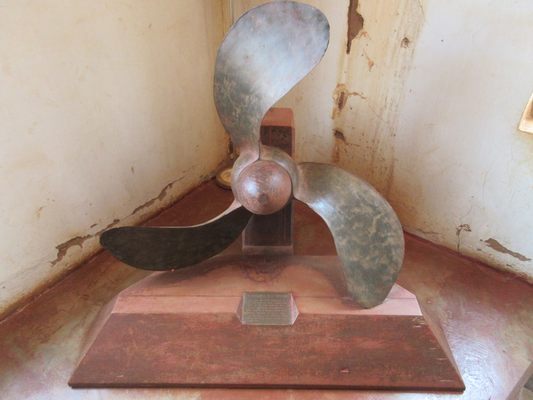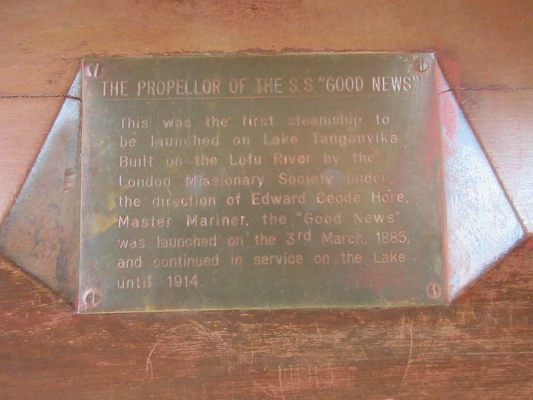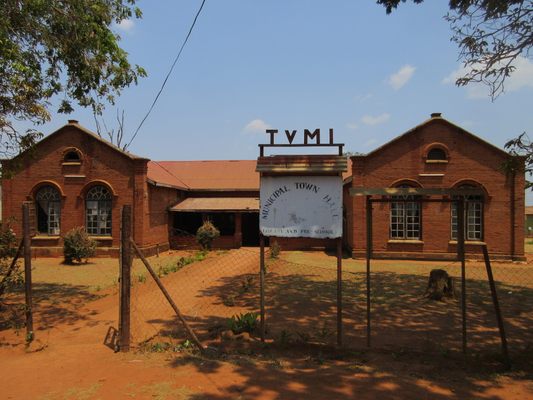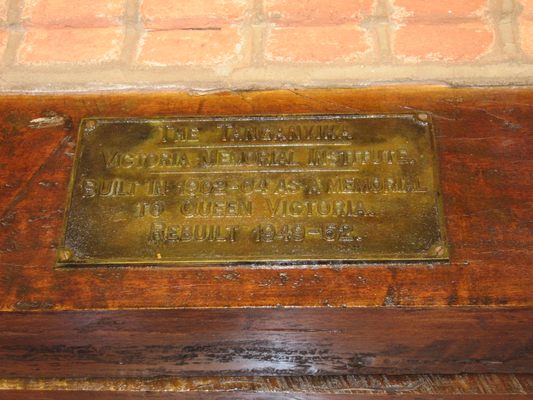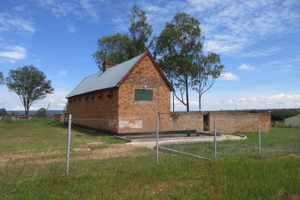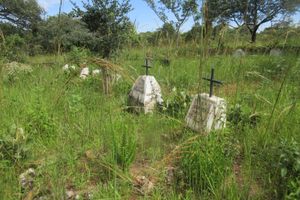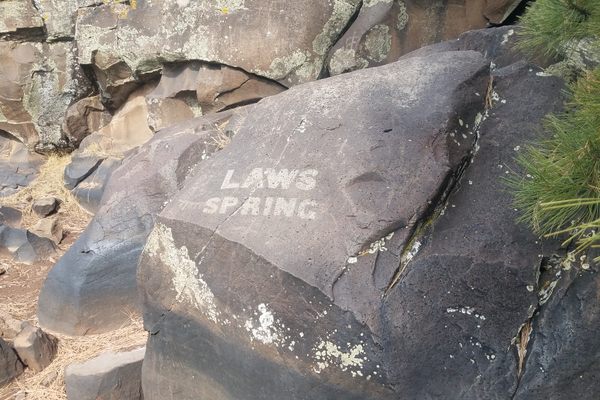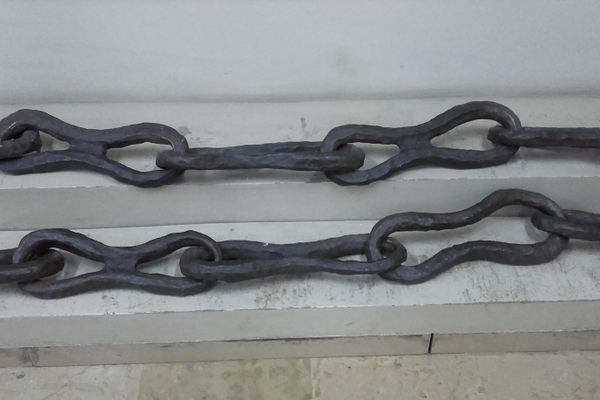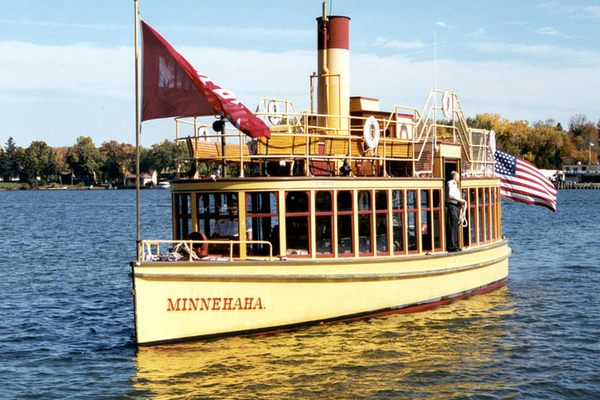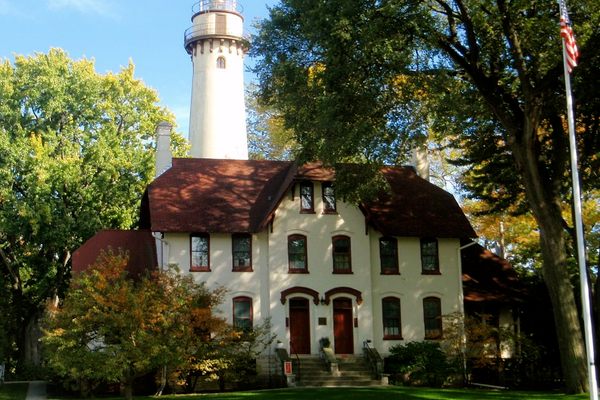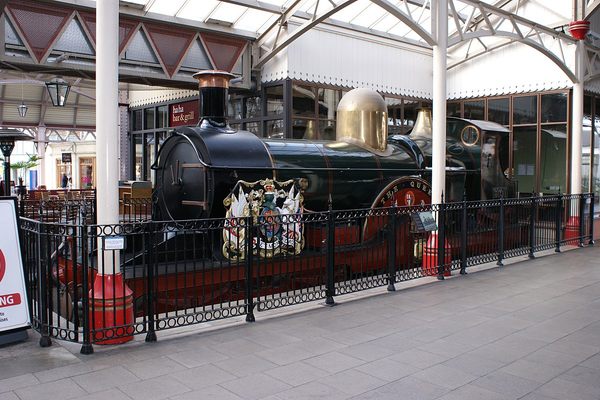About
In 1876, the eccentric and very devout millionaire Robert Arthington offered the London Missionary Society £5,000 if they would put a steamship on Lake Tanganyika. There were only a few difficulties with this request: 1) the London Missionary Society had no mission on Lake Tanganyika, 2) as far as Europeans went, Lake Tanganyika had only been reached by a small number of travelers after great difficulty, and 3) there was no route on which to transport what would be the first steamship ever to ply the lake.
However, enticed by the offer of £5,000 and eager to compete with the other missionary societies evangelizing in central Africa, the London Missionary Society launched its Central Africa Mission which would establish itself on the shores of Lake Tanganyika. Taking at first the overland route between Dar es Salaam and Ujiji, a route dominated by slave and ivory caravans, the society established its first bases. Once established, the society began to build the steamship which would be dubbed the SS Good News.
The SS Good News was specially constructed to be disassembled into pieces small enough to be carried overland on the heads of porters. It was transported to the lake by the African Lakes Corporation, a company founded to help supply missionary stations along Lake Nyassa, to the south of Lake Tanganyika. The pieces were shipped up the Shire River, hauled around the cataracts to Lake Nyassa, sailed to the north end of that lake, and then hauled over the plateau connecting Lakes Nyassa and Tanganyika.
Reassembling the Good News became the responsibility of Edward C. Hore, a master mariner who had joined the Society to help establish the Central Africa Mission. The Good News was launched onto the lake after two years of construction in 1883, and after an additional two years of fitting-out it sailed under steam on Lake Tanganyika for the first time in 1885. The ship led a successful career helping the London Missionary Society supply its stations around Lake Tanganyika, but by World War I it had been beached in Kituta Bay and permanently disabled when shelled by a German warship on the lake.
Although most of the hulk of the Good News remains in Kituta Bay, its propeller, the same one hauled overland nearly 150 years ago now resides in the Tanganyika Victoria Memorial Institute, or TVMI. The TVMI was originally built in 1902-04 as a memorial to Queen Victoria. It was eventually gutted by fire but was rebuilt in 1949-52. Originally designed as a place of recreation for the residents of Mbala, then known as Abercorn, in the modern day it houses a library and a preschool.
Related Tags
Know Before You Go
The propeller is in the corner of the library in the Tanganyika Victoria Memorial Institute. The TVMI is located on the main street of Mbala close to but across the street from the Post Office and the ZamTel tower. From Monday to Friday, the library is open from 0900-1700 but is closed for lunch from 1300-1400. The library is also open on Saturdays from 0900-1300, but is closed Sundays. Entering the library incurs a usage fee of 1 kwacha (approximately $0.10 USD), but there is no additional charge to view the propeller.
Community Contributors
Added By
Published
May 26, 2023
Sources
- https://archive.org/details/fightingslavehu00swangoog
- https://archive.org/details/fightingslavehu00swangoog
- https://archive.org/details/tanganyikaeleven00hore
- https://en.wikipedia.org/wiki/Robert_Arthington
- https://chibambakayula.wordpress.com/2013/07/18/from-abercorn-to-mbala-the-charm-still-lives-on-6/
- https://en.wikipedia.org/wiki/Monuments_and_Historic_Sites_of_Zambia
